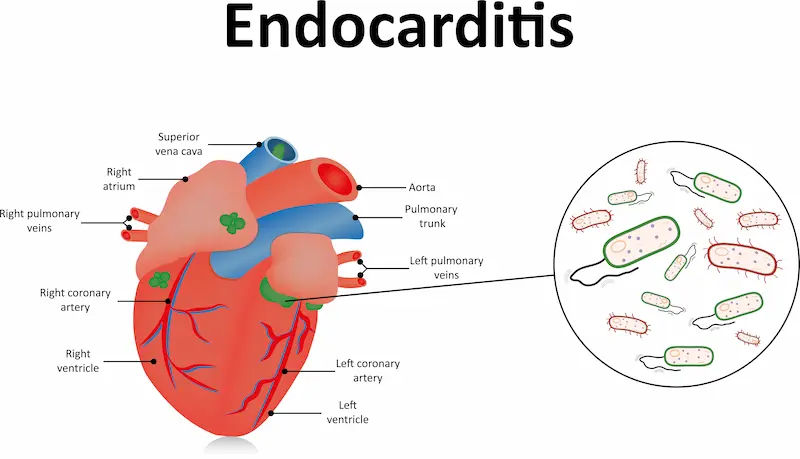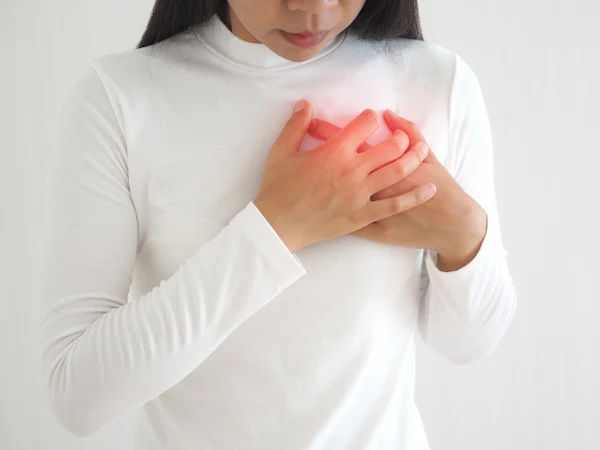- Female
- 28 Years
- 22/01/2025
I've been wondering if there's any kind of link between asthma and an enlarged heart. See, I know asthma can make breathing really tough, so does that mean the heart has to work extra hard to get enough oxygen around the body? If that's the case, could it lead to the heart muscle getting bigger over time because of all the extra effort it has to put in compared to someone without asthma?
Answered by 1 Apollo Doctors
While there is no definitive evidence that directly links asthma to an enlarged heart, it is plausible to consider that the increased workload on the heart due to labored breathing in asthma patients could potentially lead to the heart muscle becoming enlarged over time. This condition is known as cardiomegaly. In such cases, it is important to manage asthma effectively to reduce the strain on the heart. Medications such as inhaled corticosteroids like Fluticasone (100-250 mcg twice daily) and bronchodilators like Albuterol (2 puffs every 4-6 hours as needed) can help control asthma symptoms and potentially reduce the risk of complications such as cardiomegaly. Regular monitoring by a healthcare provider is also recommended to assess heart health and adjust treatment as needed.
Dr. Shubham Suggests...
Consult a Cardiologist
Answered 04/07/2025
0
0

More Cardiology Health Queries
View allI'm currently taking met xl 25 mg as my doctor recommended. Is it safe for me to add omega fish oil to my morning routine with it? I'm wondering if there's any interaction I should be aware of.
Yes, you can take omega fish oil along with Met XL 25 mg in the morning. There are no known interactions between omega fish oil and Met XL. Just make sure to follow the recommended dosage for both medications.
Answered by 1 Apollo Doctors
I'm currently taking medication for my blood pressure, but my last reading was 14583. Should I think about adjusting my dose, or is this level considered controlled? Can you provide some guidance on what I should do?
A blood pressure reading of 14583 is slightly elevated. It is important to consult with your doctor before making any changes to your medication dosage. However, if your doctor agrees, you may need to increase the dose of your current medication or add an additional medication to better control your blood pressure. It is important to follow your doctor's guidance on medication adjustments.
Answered by 1 Apollo Doctors
I'm really thin and I've noticed that I'm very aware of my heartbeat. I can even see the muscle on the left side of my chest moving with it. I've done a Holter, ECG, and ECHO, and they all came back normal. Should I be concerned about this?
That could be anxiety Visit Psychiatrist for appropriate management
Answered by 1 Apollo Doctors
Disclaimer: Answers on Apollo 247 are not intended to replace your doctor advice. Always seek help of a professional doctor in case of an medical emergency or ailment.





